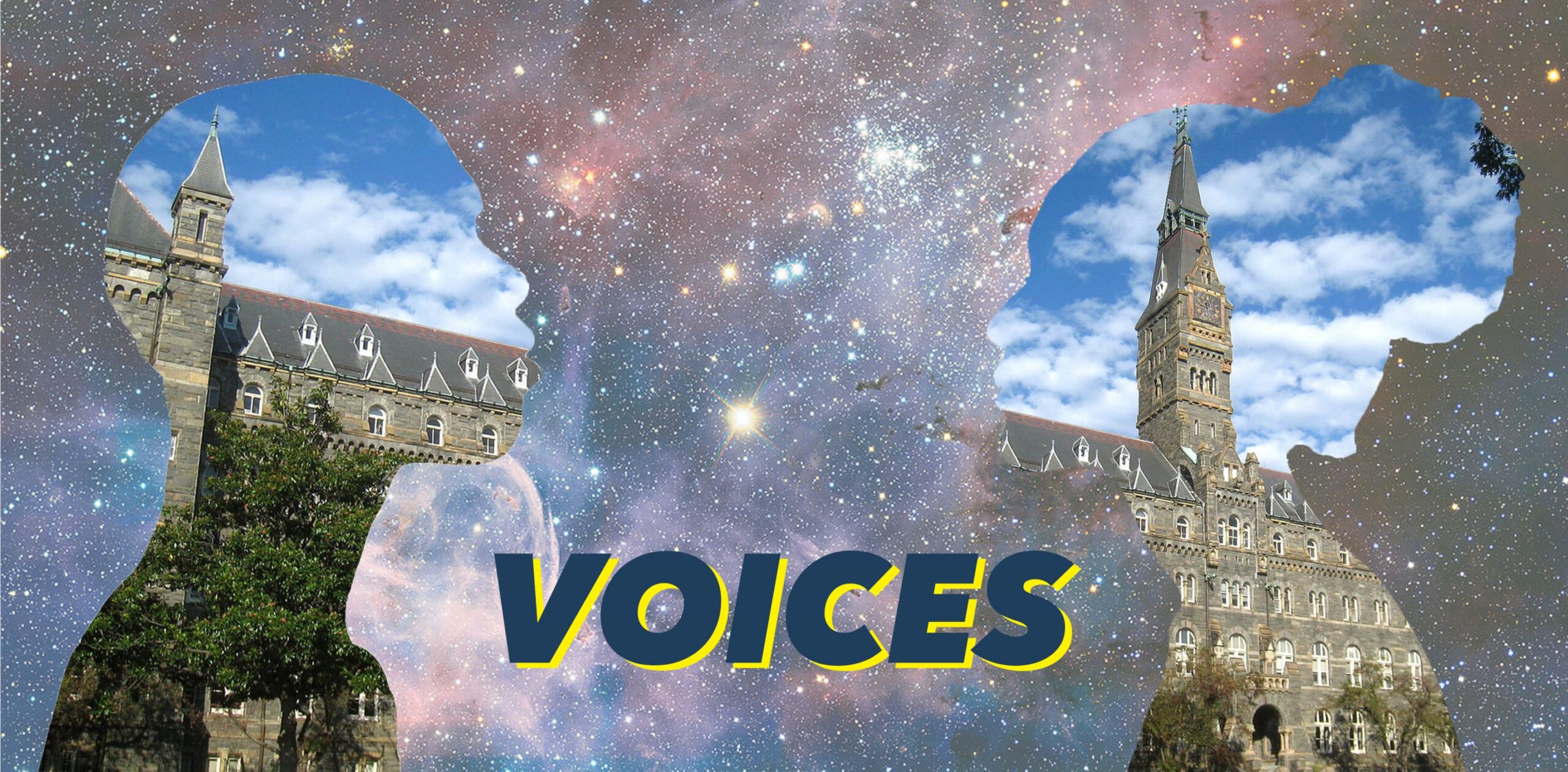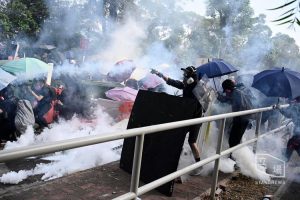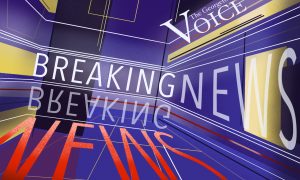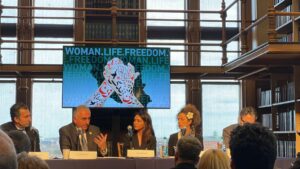The international community must know the historical context behind the indignation of the Bolivians who poured into the streets demanding that Evo Morales and his followers respect democracy and the rule of law after electoral fraud took place on October 20, 2019. The international community must acknowledge that Morales has ignored the will of the Bolivian people since 2016, when he disregarded the referendum that barred him from running for another consecutive presidential term. Morales reacted to his 2016 referendum loss by having his cronies in the Bolivian Supreme Court overthrow the two-term constitutional limit on the basis that, if he wasn’t allowed to run again for office, his “human rights” were being violated. Even more troubling, some foreign publications depict a skewed narrative that explicitly ignores Morales’ track record of authoritarian actions.
On October 20, 2019, presidential election day, the Bolivian Electoral Tribunal chose to abruptly stop the “fast counting” mechanism, conteo rapido, for 24 hours, just when Morales’ rival, Mr. Carlos Mesa, was gaining enough ground to force a runoff between the two candidates. After 24 hours without further announcements, the Tribunal suddenly reported that Morales had miraculously won the election with a ten-point margin and that no run-off was required.
The following day, the Organization of American States’ (OAS) electoral mission expressed its concern surrounding the motivations behind the Electoral Tribunal’s order to stop the “fast counting” mechanism. The organization also noted that the “fast counting” mechanism showcased that it was statistically impossible that Morales could have avoided the runoff. As a result of this chaotic environment, millions of Bolivians across social, racial and ethnic lines took to the streets in protest to defend democracy. Millions of people across the country chanted, “Quien se rinde? Nadie se rinde! Quien se cansa? Nadie se cansa! Evo de nuevo? Huevo (no) carajo!” which translates to, “who will give up? Nobody will give up! Who is tired? Nobody is Tired! Evo again? Fuck no!” Furthermore, the political democratic movement inspired young artists to compose protest music and videos showcasing the population’s commitment to resist Morales’ authoritarian government and free Bolivia from his grip.
The public outcry prompted the Morales government to allow OAS envoys to perform analytical forensics to determine what had happened in the elections. Peaceful protests of historical proportions continued during this time.
In response to these protests, Morales on numerous occasions mocked the millions of Bolivians peacefully protesting for the respect for their democratic rights. Morales stated, “I will teach those small groups how to properly stage a protest and block a city,” and that “they are blocking the streets for a couple of pesos or for a better grade,” mocking the millions of students who demanded democracy be respected. Furthermore, following these types of statements, Morales called on his radical supporters to surround the cities and to prevent any food from going into the markets from which millions of Bolivians buy their groceries. In that regard, millions of Bolivians expressed their righteous indignation at the prospect of starving at the orders of their president.
On November 10, 2019, the OAS published a report stating it had found “clear irregularities in the Bolivian elections” and gave ample evidence of electoral fraud. Furthermore, the report stated that new elections were required and that the Electoral Tribunal members needed to be replaced. The Electoral Tribunal that oversaw the October 20 elections was an organic arm of the Morales administration. Since Morales fled Bolivia, several members of the corrupt electoral tribunal have been arrested due to their involvement in the electoral fraud. With that said, on December 4, 2019 the OAS published its final report which stated that it had detected manipulated data and falsified signatures of poll officials. Another cyber forensics report also found several instances of serious IT manipulation of the elections.
Once the first OAS report was published on November 10, Morales called for new elections, but it was too late—the majority of the Bolivian people were not going to accept his run for reelection again. The OAS report confirmed what Bolivian society had suspected: Morales wanted to keep himself in power through electoral fraud, and that he had coopted the institutions of government and manipulated democratic channels. Once this was proven by the OAS forensics, Morales’ legitimacy disappeared and the country was bordering chaos. As a result, the Bolivian Armed Forces, who until that point had chosen not to use violence against the peaceful democratic protests, recognized that Morales had committed electoral fraud and had lost his legitimacy. On November 10, 2019, the commander of the Bolivian Armed forces recommended that Morales resign to prevent the country from descending into violence. It has to be highlighted that the Bolivian armed forces spoke up for democracy and the constitution against an attempt at dictatorship. In that moment, Morales realized that his crime had been proven and that the majority of the country was against him. He and his vice-president Alvaro Garcia Linera resigned and fled to Mexico together. Also on November 10, Ms. Adriana Salvatierra, a member of Morales’ party, Movimiento al Socialismo, resigned from her office as President of the Bolivian Senate and sought “refuge” in the Mexican Embassy in La Paz. This dynamic created a power vacuum in Bolivia. In response to this critical situation, Senate Vice-President Jeanine Añez Chavez along with congressmen of both chambers of Bolivian Congress abided by their constitutional duties and followed the constitutional succession of power which allowed Añez to assume the presidency. Bolivian constitutional lawyers have stated that the power transition was legal and based upon articles in the Bolivian constitution. In office, Ms. Añez has formed a transitional government that is leading Bolivia until May 2020 when elections will be held.
Since arriving in Mexico, Morales’ discourse has attempted to foster the illusion that what had transpired in Bolivia was a coup led by racists and neo-liberals. This narrative is removed from reality and implicitly instrumentalizes race for his political benefit. In addition, the international community needs to know that on November 14, 2019, Cuban and Venezuelan citizens were apprehended by Bolivian authorities in La Paz and El Alto. Many of these individuals were carrying bags full of money wrapped in the “Banco Union” (state-owned bank) paper that was being used to fund several violent pro-Morales cells. In fact, on November 13, 2019, Bolivian authorities arrested a FARC member (Fuerzas Armadas Revolucionarias de Colombia—a Marxist terrorist organization) who they stated had paramilitary training and was instructing a radical group of Morales supporters.
While Morales has given many interviews to foreign media stating that he wants peace, his actions say otherwise. On November 20, 2019, the Bolivian police aired a video on national TV in which Mr. Morales is heard, from Mexico, ordering his radical supporters to block the access of food to Bolivian cities. Morales’ desire to keep himself in power has blinded him, and he is using many international media outlets to spread a false narrative.
In that regard, it is no surprise that Morales’ current discourse characterizes the OAS report as a political tool of the “empire.” It is clear that his discourse is part of a political strategy that aims to fuel divisions and violence in Bolivia while portraying himself as the victim of the so-called “racist neo-liberals.” It is important to note that Morales was elected in past elections with over 50 percent of the vote. Thus, he received votes from millions of Bolivians across racial and ethnic lines. Therefore, Morales’ argument that the grassroots movement that recovered democracy is racist is nothing more than another attempt to instrumentalize race for his political gain. In that regard, Morales’ statements and political maneuvers since the fraud have insulted the democratic fervor of millions of Bolivians who have united across social, ethnic, racial and ideological lines to reject his authoritarian government.
Morales has a long record of persecuting and forcibly exiling political opposition leaders, silencing journalists, and abusing civil society. There are also many cases that need to be investigated related to the alleged embezzlement of millions of dollars by members of his political party and senior members of his government. Just as his successes are repeatedly highlighted by many international media outlets, the corruption cases need to be investigated and highlighted in order to convey the full picture. The fact is that the October 2019 elections were fraudulent and that Morales and his party must be investigated by Bolivian authorities. Rule of law must prevail.
Morales’ legacy is multi-layered. At the beginning of his presidency in 2006, he brought a necessary change to politics to bridge the socioeconomic gap in Bolivia. Morales brought forth the hopes and dreams of millions of marginalized Bolivians who had suffered centuries of exploitation and racism. Many found prosperity for the first time under his leadership. However, over the years, Morales’ ambition to hold on to power by any means pushed him to foster a discourse that has sowed more racial division in the Bolivian social tissue. He also has a history of anti-democratic actions. In that context, the electoral fraud that he committed on October 20 is now a dark part of his legacy. This legacy will have to be dealt with by those on “the left” and “the right” of the political spectrum, all of whom are Bolivian. The Bolivian people will have to find some way to muddle forward and heal society from the divisive discourse that Morales has fostered in his illegal quest to keep himself in power. With that said, Morales is actively preventing Bolivia to heal its wounds. Since his arrival to Argentina on December 12, 2019, he has been attempting to fuel discord and instability in Bolivian politics.
I see Morales as a lost opportunity for Bolivia. His initial policies could have allowed him to be remembered as a statesman who fought for social justice within the boundaries of the law. However, his actions and policies showcase that he thought he could manage the state as he handled the unions in the Chapare —with total disregard for the rule of law. Morales’ thirst for absolute power fed his delusion that he alone was qualified to rule. With great power comes great responsibility, sadly Morales became just one more in a long line of politicians whose hubris led to his downfall.








Great article. As a former Bolivian resident, what this article says about Evo is true. Had he respected his own constitution and been willing to prepare others to replace him, he could have been remembered as a great man in Bolivian history. His election tampering will now permanently discolor his legacy. Thank you also for pointing out that the current president is not “self-appointed” as so many media are saying. She was constitutionally next in line. Her coming to the presidency was recognized by the constitutional tribune, a MAS dominate/controlled entity.